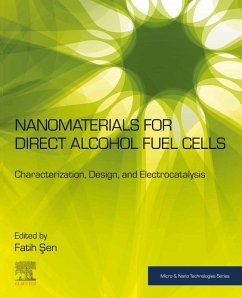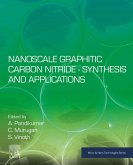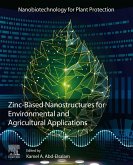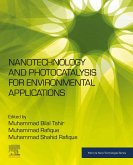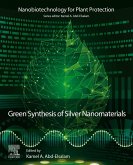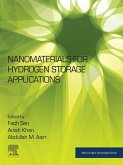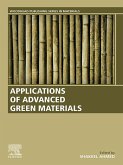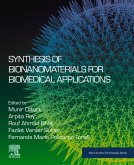Nanomaterials for Direct Alcohol Fuel Cells explains nanomaterials and nanocomposites as well as the characterization, manufacturing, and design of alcohol fuel cell applications. The advantages of direct alcohol fuel cells (DAFCs) are significant for reliable and long-lasting portable power sources used in devices such as mobile phones and computers. Even though substantial improvements have been made in DAFC systems over the last decade, more effort is needed to commercialize DAFCs by producing durable, low-cost, and smaller-sized devices. Nanomaterials have an important role to play in achieving this aim.
The use of nanotechnology in DAFCs is vital due to their role in the synthesis of nanocatalysts within the manufacturing process. Lately, nanocatalysts containing carbon such as graphene, carbon nanotubes, and carbon nanocoils have also attracted much attention. When compared to traditional materials, carbon-based materials have unique advantages, such as high corrosion resistance, better electrical conductivity, and less catalyst poisoning. This book also covers different aspects of nanocomposites fabrication, including their preparation, design, and characterization techniques for their fuel cell applications.
This book is an important reference source for materials scientists, engineers, energy scientists, and electrochemists who are seeking to improve their understanding of how nanomaterials are being used to enhance the efficiency and lower the cost of DAFCs.
The use of nanotechnology in DAFCs is vital due to their role in the synthesis of nanocatalysts within the manufacturing process. Lately, nanocatalysts containing carbon such as graphene, carbon nanotubes, and carbon nanocoils have also attracted much attention. When compared to traditional materials, carbon-based materials have unique advantages, such as high corrosion resistance, better electrical conductivity, and less catalyst poisoning. This book also covers different aspects of nanocomposites fabrication, including their preparation, design, and characterization techniques for their fuel cell applications.
This book is an important reference source for materials scientists, engineers, energy scientists, and electrochemists who are seeking to improve their understanding of how nanomaterials are being used to enhance the efficiency and lower the cost of DAFCs.
- Shows how nanomaterials are being used for the design and manufacture of DAFCs
- Explores how nanotechnology is being used to enhance the synthesis and catalysis processes to create the next generation of fuel cells
- Assesses the major challenges of producing nanomaterial-based DAFCs on an industrial scale
Dieser Download kann aus rechtlichen Gründen nur mit Rechnungsadresse in A, B, BG, CY, CZ, D, DK, EW, E, FIN, F, GR, HR, H, IRL, I, LT, L, LR, M, NL, PL, P, R, S, SLO, SK ausgeliefert werden.

